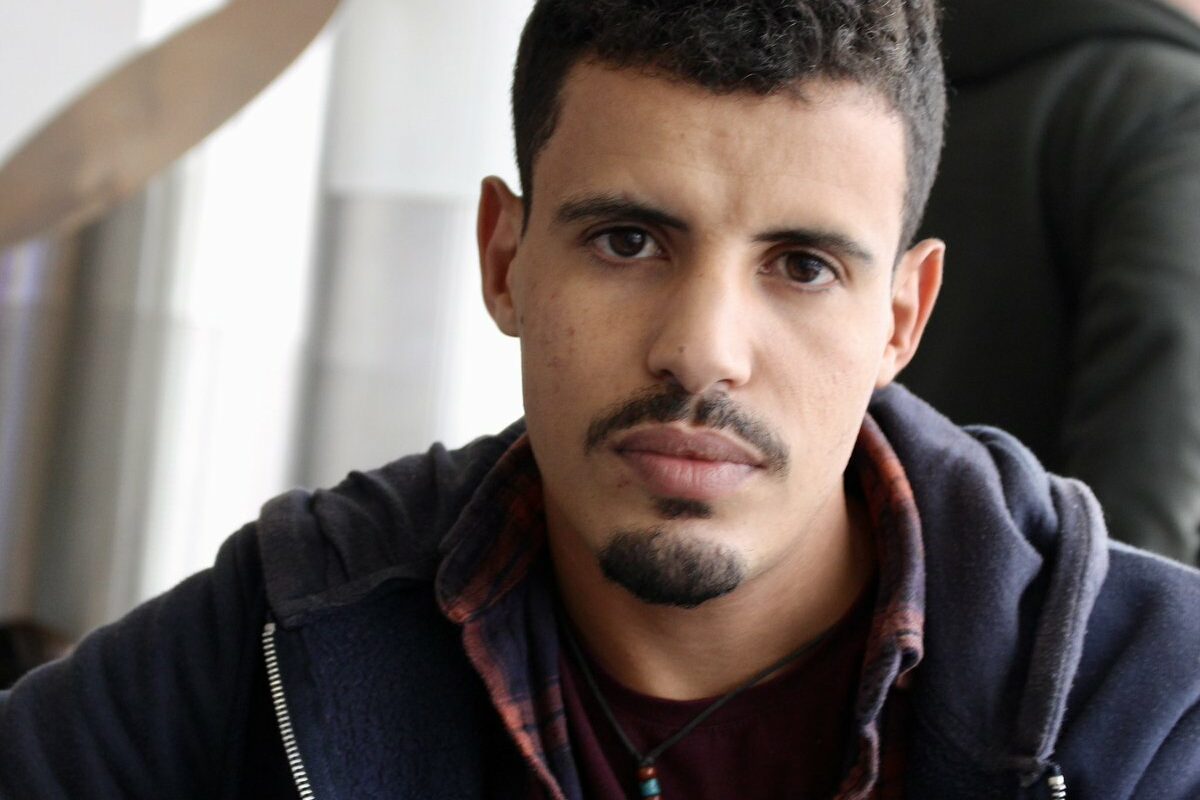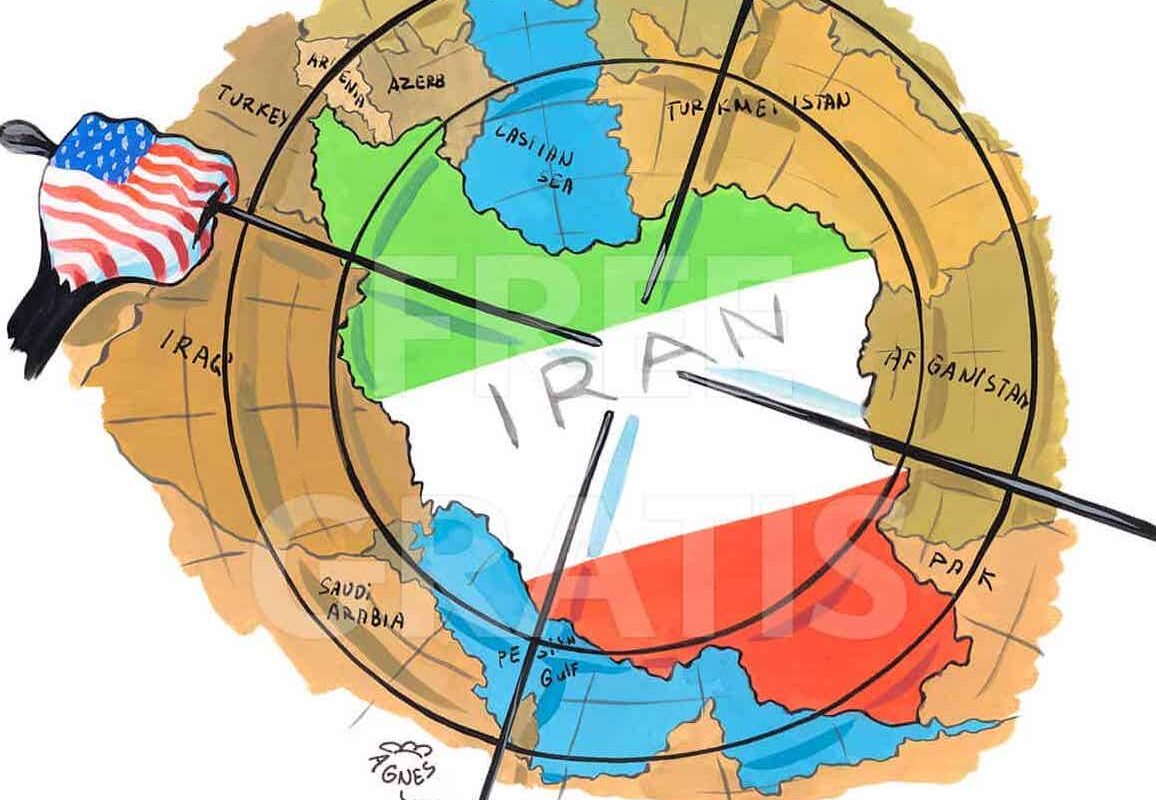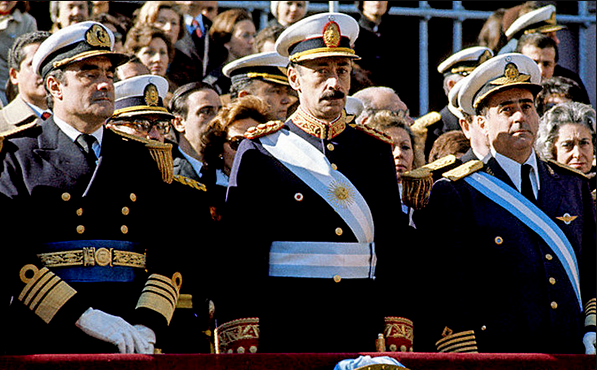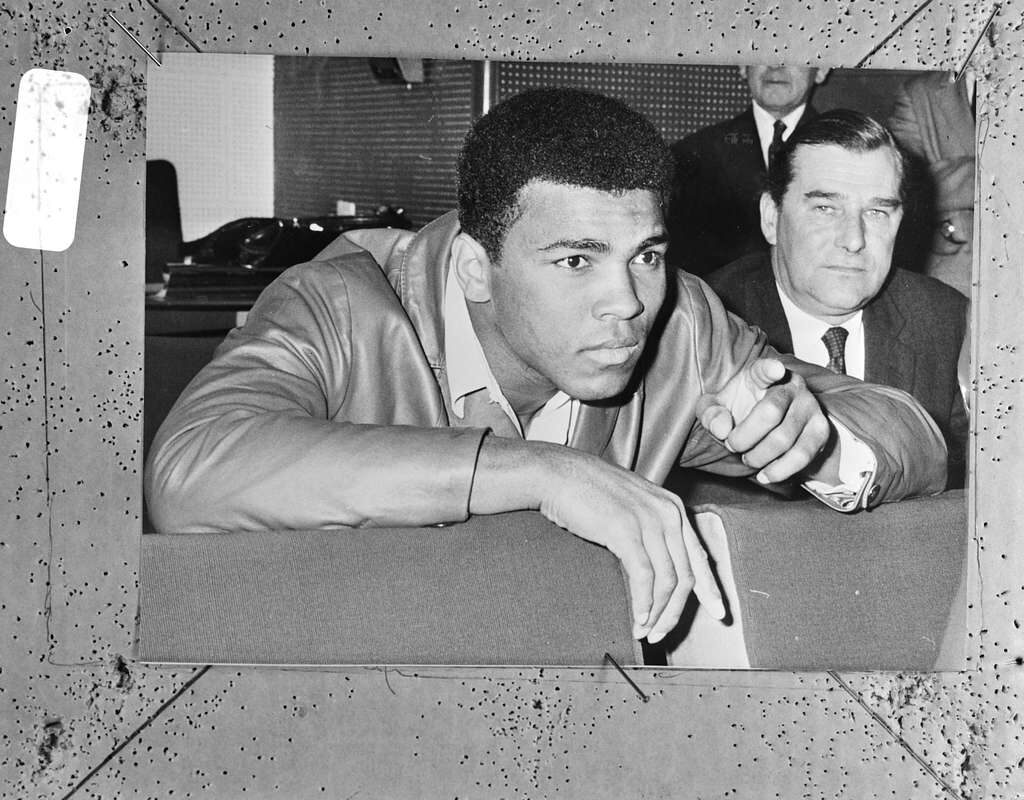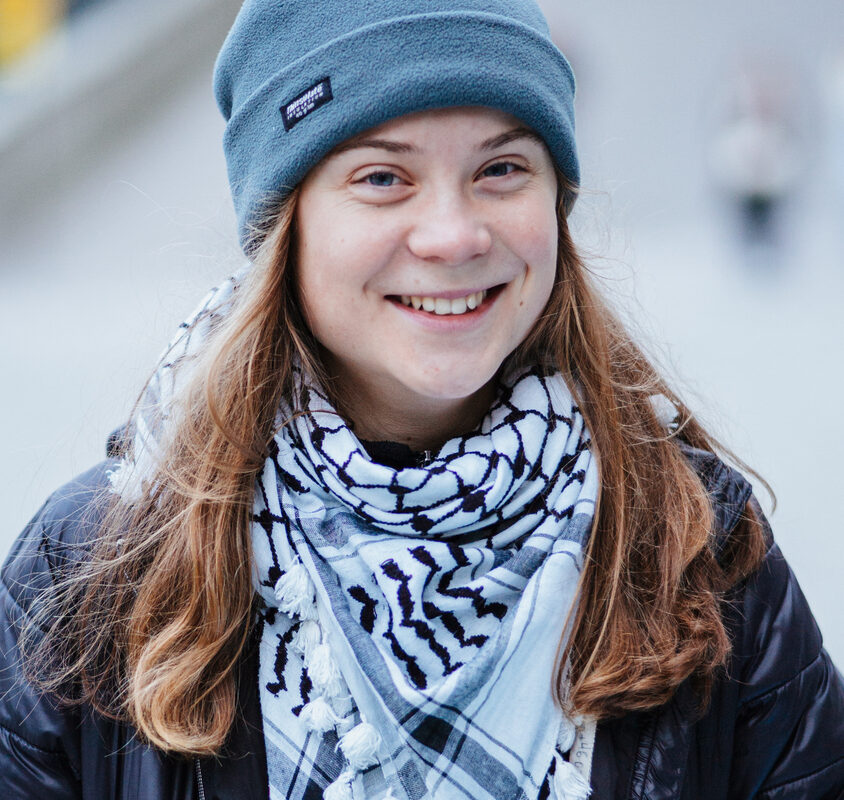Hi Taleb, could you start by introducing yourself. Who are you and how are you active politically?
My name is Taleb Alisalem. I was born in the Sahrawi refugee camps and then I moved to Spain, where I had the opportunity to study and work and make a “normal life”. But obviously as Sahrawis we never can have a “normal life” because half of my family continues to live in refugee camps, and the other half lives in the areas of Western Sahara that Morocco occupies illegally. My town is still divided by a 2700km wall with more than 10 million mines along it. So we can never have a normal life as this conflict crosses over and completely modifies our lives.
So that is why I dedicate all my time and effort to fighting to change this sad reality that my people suffer, to helping the voice of my people reach the world and above all, to making it possible for my people to finally return home in a free Western Sahara.
Saturday, 6th November sees the 46th anniversary of the Green March. What was the Green March and why is it important?
Western Sahara was a Spanish colony for almost two centuries, in 1975 Spain decided to leave Western Sahara without finishing the decolonization process. What Spain did is sell the territory to Morocco and Mauritania, this happened after signing an agreement in Madrid in November 1975. After that agreement, Morocco began its occupation of Western Sahara through what it called the “green march.”
We Sahrawis call it the “black march” since it led to the beginning of the occupation of our land and the bombing of our people that resulted in the exile of thousands of Sahrawis to Algeria, and in the death of thousands more.
Many African countries liberated themselves from colonialism in the decades following the Second World War. Yet Western Sahara remains a colony. What happened and why?
That is a very good question, the fourth commission of the United Nations, which is in charge of the decolonization process of all countries in Africa, to this day, continues to consider Western Sahara as the last colony in Africa pending decolonization. Why?
Western Sahara was a Spanish colony for almost two centuries. Spain decided not to comply with the decolonization process and hand over sovereignty to the Sahrawi people, preferring to do “business” with Morocco and Mauritania and hand over the territory to them in exchange for trade agreements.
Obviously that was completely illegal, which is why, until today, legally Spain continues to be the administering power of Western Sahara. But no Spanish government has wanted to take responsibility and initiate that pending decolonization process. The relations between Morocco, which physically occupies Western Sahara, and Spain, which legally occupies it, are very good relations that do not contemplate respecting the right of the Sahrawi people to exist freely on their legitimate land.
The United Nations have been present in Western Sahara for the past 30 years. What has been their role?
When Spain left Western Sahara in 1975 and handed it over to Morocco, which began to occupy the territory militarily, the Sahrawi people began armed resistance, through their liberation movement, the Polisario Front. This movement went to war with Morocco to try to expel it from the Sahrawi territories that it illegally occupied. The war began in 1975 and lasted 16 years until, in 1991, the UN presented a peace plan that both parts, Polisario Front and Morocco, accepted.
This plan consisted of stopping the war, with a commitment to carry out a referendum on the population of Western Sahara, where they could choose to be part of Morocco or be an independent state. The UN promised that this referendum would take place within a period of nine months.
30 years passed and that referendum was never held. Morocco blocked all attempts by the UN mission (MINURSO) in charge of carrying out this referendum, and the UN did not want to impose any position on Morocco either. And so, 30 years passed where the Sahrawi people only waited in refugee camps, or were living in the occupied part of Western Sahara suffering all kinds of human rights violations by Moroccan occupation forces. Sahrawi people experienced 30 very hard years of a wait that never ends.
There had been a ceasefire in the area until around a year ago, but this has now been broken. What happened, and how has that affected the general life of people in Western Sahara?
After 30 years waiting for a referendum that never came. 30 years where the Sahrawi people peacefully asked for a solution. 30 years where Morocco continued to exploit the natural resources of Western Sahara generating millionaire profits, and silencing with torture and jail the Sahrawis who dared to oppose the Moroccan occupation. 30 years where the other half of the Sahrawi people lived in refugee camps in one of the harshest deserts in the world. 30 years being separated by a 2700 km wall built by Morocco. 30 years of silence from the UN, the international community and the European Union. The Sahrawis were already tired.
A group of Sahrawi people decided to travel to the extreme south of Western Sahara and hold a peaceful protest in an area called Guerguerat. This area was heavily trafficked by trucks that the Moroccan occupation used to transfer all the resources that they stole from Western Sahara. The group of Sahrawi protesters closed that truck crossing. Because of this, the Moroccan army left the wall on November 13, 2020 and fired weapons at civilian protesters.
The Polisario Front considered this attack a breach of the peace agreement signed in 1991, and announced that we, the Sahrawis, are returning to armed struggle against Morocco.
The Sahrawi people are a peaceful people, but that day we all celebrated that decision, because after 30 years of suffering endless waiting, finally, maybe the war could make the world, the UN and the international community listen to us.
How are West Sahrawis resisting occupation and how successful are they?
Since Morocco occupied Western Sahara in 1975, it implemented a harsh colonial policy with the aim of completely erasing the Sahrawi identity. Morocco prohibited wearing typical Sahrawi clothes, speaking in the Sahrawi dialect, prohibited several Sahrawi houses living in the same street. It filled Western Sahara with Moroccan settlers, to whom the Moroccan government offered houses and work to travel from Morocco and move to Western Sahara. Also, the Moroccan occupation employed a tough policy in education where children were taught that the Sahara was always part of Morocco.
All these strategies failed because there was always a great feeling of identity and revolution in the Sahrawi people, there were always protests against the Moroccan occupation, Sahrawi flags were always raised. The occupation forces practiced murder, torture, jail, even disappearances against any Sahrawi who publicly protested against the Moroccan occupation. There are thousands of registered cases of torture and murder. Organizations such as Amnesty International, Human Rights Watch and the UN have denounced these events.
Despite all this, to this day, the Sahrawi population who live in the occupied areas of Western Sahara continue to peacefully resist the Moroccan occupation. The most recent case is the case of the Sahrawi activist Sultana Khaya, she has been under house arrest for a year. At her home in Western Sahara, the Moroccan occupation forces surround her home, have tortured her to the point of losing an eye, have raped her and her sister, cut off their electricity and they are unable to leave the home where they are arrested. Despite this, Sultana and her sister go up to the roof of the house every day to raise the Sahrawi flags and shout slogans against the Moroccan occupation. You just have to look on the internet; this is happening today. The case of Sultana Khaya is just one example of hundreds of other cases of Sahrawis in the occupied territories of Western Sahara.
How strong are Left-wing parties in Western Sahara? How are they active in the resistance?
In Western Sahara we do not have parties yet, remember that our land still suffers from colonization. We only have a single liberation movement that unifies and represents all of our people. The Polisario Front is the armed movement that represents our people and fights for our rights politically and militarily.
Once we have control of all our occupied territories, and the decolonization process is completed, resulting in the Independence of Western Sahara; that is when the liberation movement will dissolve to form different political parties.
What is the German and European involvement in the occupation?
The European Union is directly responsible for the occupation and suffering of our people. The European Union is responsible for two reasons:
1- According to the United Nations, legally Spain continues to be the colonizing power of Western Sahara. Therefore, it is Spain who must promote the decolonization process so that Morocco leaves Western Sahara and the Sahrawi people can have the sovereignty and independence that corresponds to them on their legitimate land. Spain is a member country of the European Union, and if Spain does not want to assume that historical and legal responsibility, the European Union should press for Spain to comply.
2- The European Union has trade agreements with Morocco that include Western Sahara, that means that there are European companies that are dedicated to exploiting the natural resources of Western Sahara, this generates very important economic gains for Morocco, providing an incentive to continue perpetuating its illegal occupation.
Former German ex President, Mr. Horst Köhler, was the UN Secretary General’s envoy for Western Sahara. Köhler spent many years trying to find a solution to this conflict but Morocco blocked all his attempts to reach an agreement, finally in 2018 he ended up resigning.
Germany’s position has always been neutral, but as Sahrawis we do not ask for or expect neutrality, rather we need a clear position and support for our people and our just cause.
One of the main German companies involved in the occupation is Heidelberg Cement, who are also involved in land grabbing in Palestine. You can also draw comparisons with the wall being built by Morocco on the West Saharan border and the one separating the West Bank from Israel. To what extent is your campaign united with other campaigns against imperialism and occupation?
So far we know that there are more than 80 international companies exploiting the natural resources of the Sahrawi people, being direct accomplices with the Moroccan regime in its illegal occupation of Western Sahara.
Most of these companies are European; some are from Germany. No European government has denounced these events, even knowing that the high European court has ruled on three occasions that the agreements of the European Union with Morocco should not be extended to Western Sahara since this territory is not part of Morocco.
About the wall? After its occupation of 80% of the territory of Western Sahara, Morocco built the largest wall in the world after the Chinese wall, this wall completely seals the part that Morocco occupied. It is 2,700 km long and has more than 10 million antipersonnel mines along the entire wall. This wall completely divided the Sahrawi people, half live in refugee camps, the other half, on the other side of the wall in the occupied part. These families have not been able to meet for more than 40 years. I always say that “not all the walls have fallen with the Berlin Wall”. Unfortunately in my country, the wall still exists to this day.
What are your immediate demands on the Moroccan government and on international politicians?
Our demands are the same as always. We ask Morocco to abandon our land that they occupy illegally, we ask Morocco to stop exploiting our natural resources, to stop raping and murdering our people, we ask Morocco to destroy the wall it built to separate our people, and to recognize that was a mistake to occupy Western Sahara. We ask Morocco to give us our sovereignty so that the Sahrawi people can be free and have an independent state on our legitimate land.
To the international community, our demand is to not be complicit in perpetuating the occupation and mistreatment of our people. We ask them to stop looking the other way, and to support the end of occupation and colonialism in Western Sahara.
We tell the international community, that the war that is being experienced in Western Sahara right now will be a massacre if they do not act quickly to find a solution that brings peace to the region.
Finally, what can people in Germany and elsewhere do to support your campaign?
There are many ways to help, first of all our fight is against the information blockade. People can investigate, they can learn more about the Sahrawi conflict, they also can visit the refugee camps or denounce these events in their social circles. I invite all people who are interested in helping to participate in the events that are organized in support of the cause of the Sahrawi people.
For example, this Thursday, November 4, there will be a talk about Western Sahara in Berlin, also on Saturday, November 6, we will hold a demonstration in front of the German Parliament to demand the rights of the Sharawi people. I invite everyone who wants to participate in all these events, I invite you to get closer to this cause and defend it because just causes belong to everyone.
